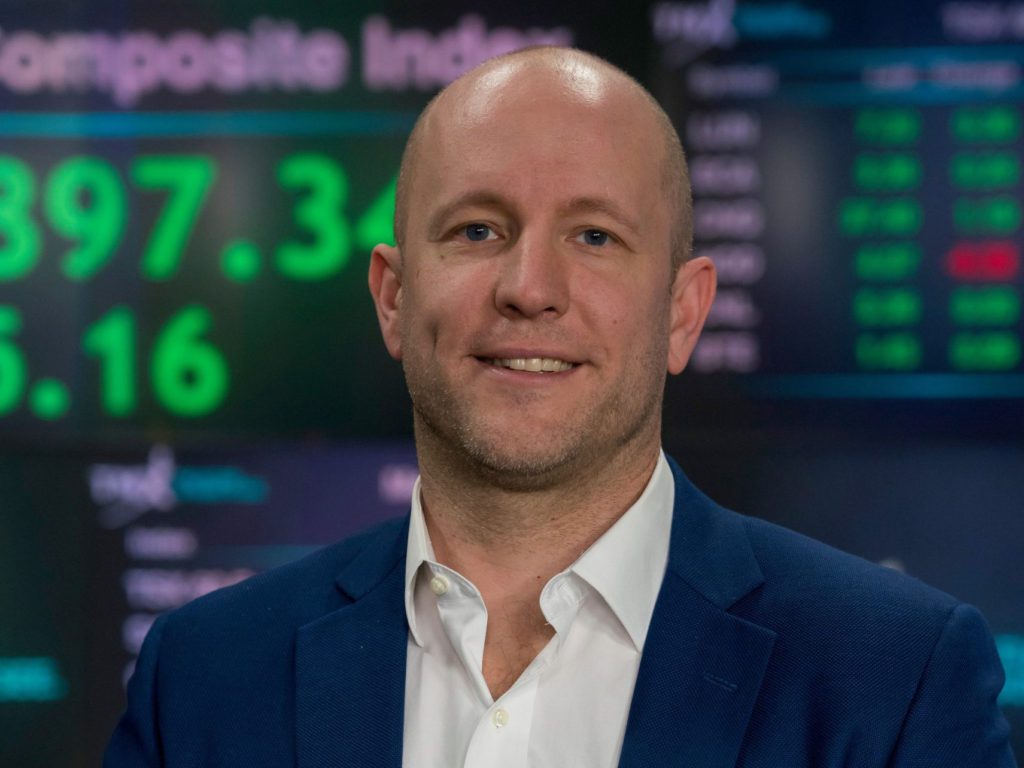
In his view, the most exciting asset class at the moment is carbon credits.
“What you’re effectively able to do is through nature-based solutions, which is a type of voluntary credit, [is] you can reforest land,” he explained, “and on the back of that reforestation, you can write a carbon credit, and then sell that as a way for a company to offset its carbon footprint.”
“This is so fascinating because every single company in the world, and every single person, has a carbon footprint.”
Beyond carbon credits, Milewski likes uranium, a key element that has seen a resurgence of interest on the part of both government and the private sector as part of the pivot away from fossil fuel-powered energy sources. “You’ve got to be top of the trade,” he said.
Milewski is also “really bullish” on copper and nickel, because of the crucial role the two metals play in the green energy revolution and decarbonisation.
Precious metals also attract him from an investment perspective, he admitted.
“The one I want to like, although I just hate to say it, [is] I really want to like gold equities. And the reason is because every other commodity has had its moment in the last kind of year or two and gold, really, even at $1,900 [per oz.] hasn’t had that, and so a part of me wants to own that.”
But Milewski also warned that it’s a “really challenging market right now.”
“I think it’s driven by momentum and fund flows,” he explained. “And so it’s really hard to own anything. You’ve got to rent it. And that’s unfortunate because of course it takes five to seven years to build a mine.”
Government policy impacts
Milewski also pointed to government policies that he says are impacting capital markets.
“We’re living in an environment where government policy, as much as anything [about] government liquidity flows, is driving global capital markets,” he said. “So it’s challenging to buy something and hold it and sit on it. And I think that’s a fundamental paradigm shift from value investing.”
A factor in this changing investment paradigm could be the perception that we are entering one of the most challenging economic periods since the 1970s, with inflation and deflation a significant part of the problem.
“I think if you [look at] a 15-year period, you would definitely say that we’re living in a deflationary environment. And what that means for listeners who are thinking about investing is that means that technology is going to create deflationary pressures.”
Milewski pointed out that one aspect of this deflationary pressure can be seen in the lack of investment in mining projects.
“There aren’t any big projects being built out there. And so, on the one hand you’re going to have this demand pressure, [then] you’re going to have pressure from just the inflationary environment with monetary policy. And then you’re going to have this kind of third leg to this, which is going to be that there is no real material supply, in particular in base metals, that has been built out maybe in more than a decade.”
(This article first appeared in The Northern Miner)




